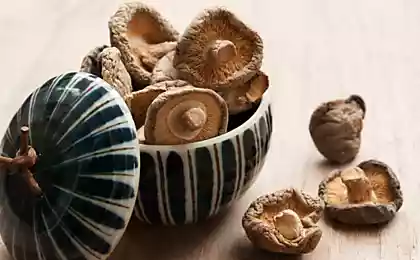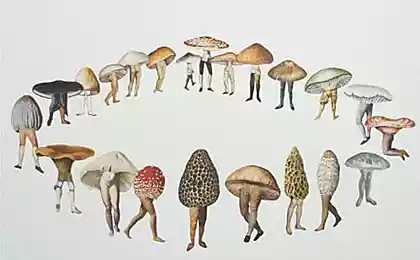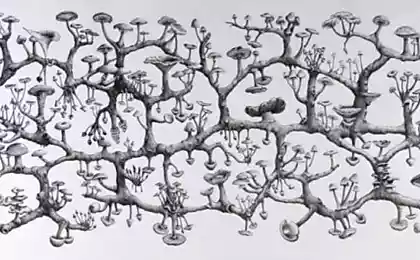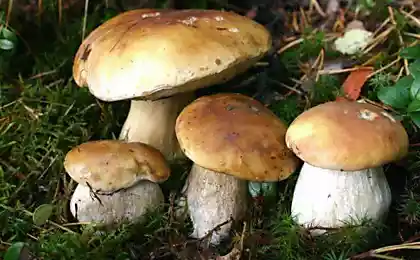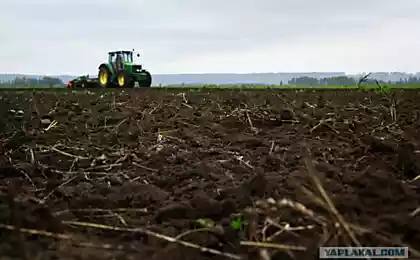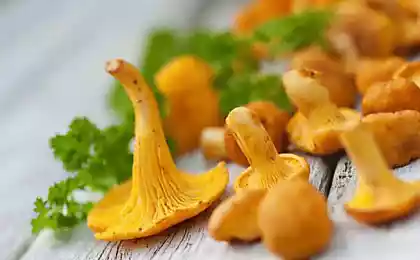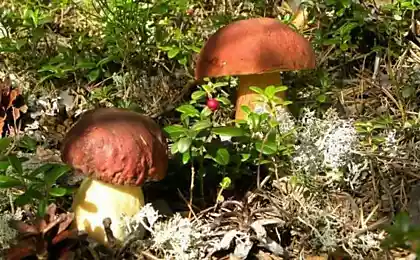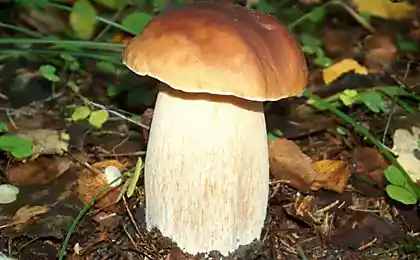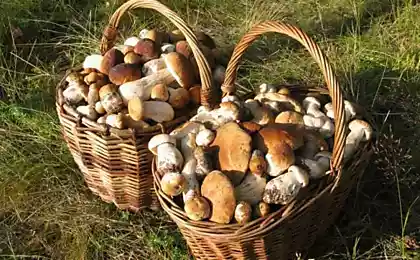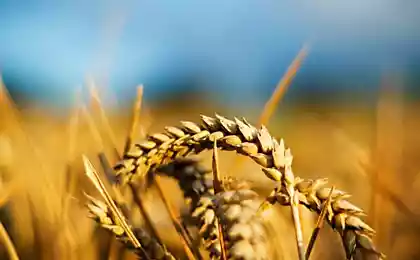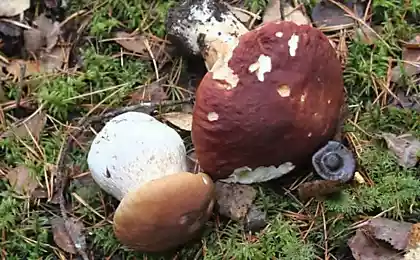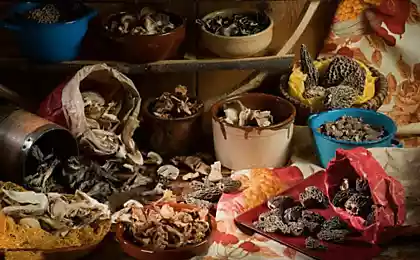459
That can give agriculture termites and fungi
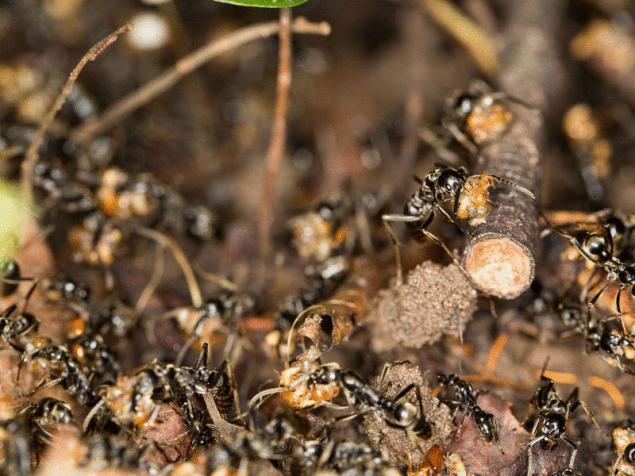
Before the advent of human agriculture were engaged in other creatures. Types of termites in Africa and Asia cultivated mushrooms for human consumption tens of millions of years. And they do it so well that the yield remains high for several decades. As the termites achieve this? Millions of years of symbiosis between termites and fungal cultures may hold the key to improving crop yields, according to evolutionary biologist, Door Aanen from the University of Wagenigen.
Termites are extremely productive
Door Aanen decided to explore the question of what do termites to achieve long-term and high yields.
"Watching a colony of termites, you can see hundreds of thousands of workers that are extremely busy maintaining their own mushroom gardens. In the group as their productivity is unprecedented. However, when we simulate the monoculture in the laboratory, the yield is significantly reduced after a few generations. We think that this is due to the unconscious selection of unwanted properties. The question is: what do the termites to make sure their success will continue for decades? Obviously, they are making the right selection, but we don't know how."
The similarity with agriculture
The answer to this question requires far-reaching evolutionary knowledge that Aenen hopes to receive over the next five years with the help of his team of scientists and a grant size to a half million euros.
"Symbiosis between termites and their fungi shows similarities with agriculture, which is familiar to us. The termites cultivate mushrooms in large-scale monocultures like modern farmers cultivate their crops. Termites have become completely dependent on their mushroom-like people who became dependent on the crop. And not only that: cultivated mushrooms have also become completely dependent on the termites, it is necessary for their survival, like our crops, which rely on farmers for their survival. So we will never find the mushrooms outside of a colony of termites".
Interesting applications
Although as a biologist Arena mostly interested in fundamental research, he also believes that the results obtained in the process of knowledge will find their way to practice. He mentions two interesting applications.
"First, the mushrooms are increasingly used in industry; in the production of enzymes, for example. And, of course, grown edible mushrooms, fruiting bodies, edible. In both applications we often see a strong fall in productivity, which is likely to be associated with unconscious selection. Companies would be very interested to know how you maintain the high performance achieved by termites".
Mushrooms for consumption
The second step is to practice the research will contribute to knowledge required for cultivating termite mushrooms by people.
"Once a year in termite colonies of mycelium produce mushrooms, and these mushrooms are collected and sold as a popular and very nutritious source of food in Africa and Asia. Scientists still are unable to successfully grow these fungi in the laboratory. Once we know the conditions of formation of mushrooms, we will be able to do the same. And it would be very interesting, because mushrooms are rich and delicious source of protein". published
Source: hi-news.ru
Japanese robot "died" after three hours in a nuclear reactor "Fukushima-1"
Swordplay pepper: when and how to dive seedlings of pepper

